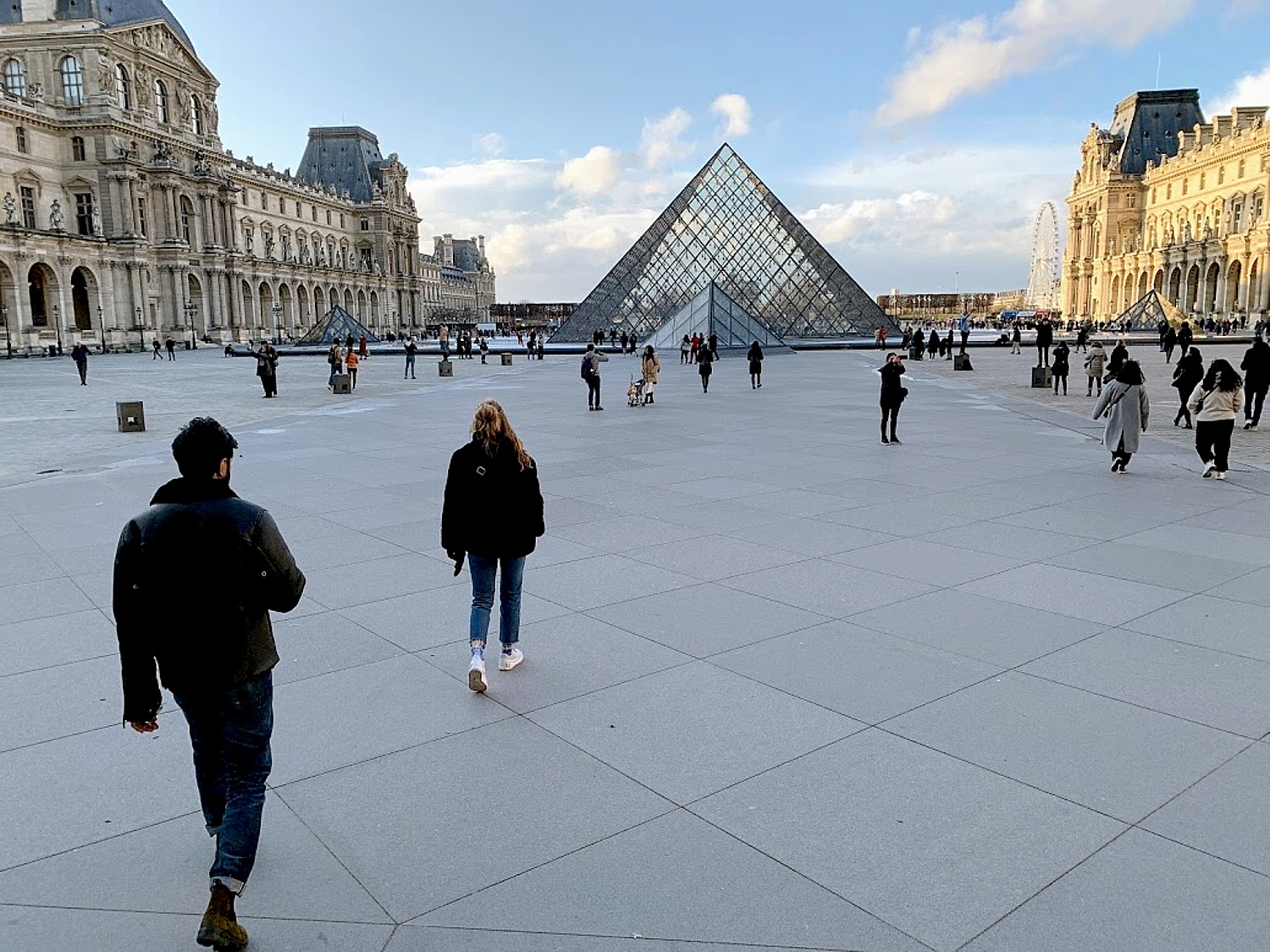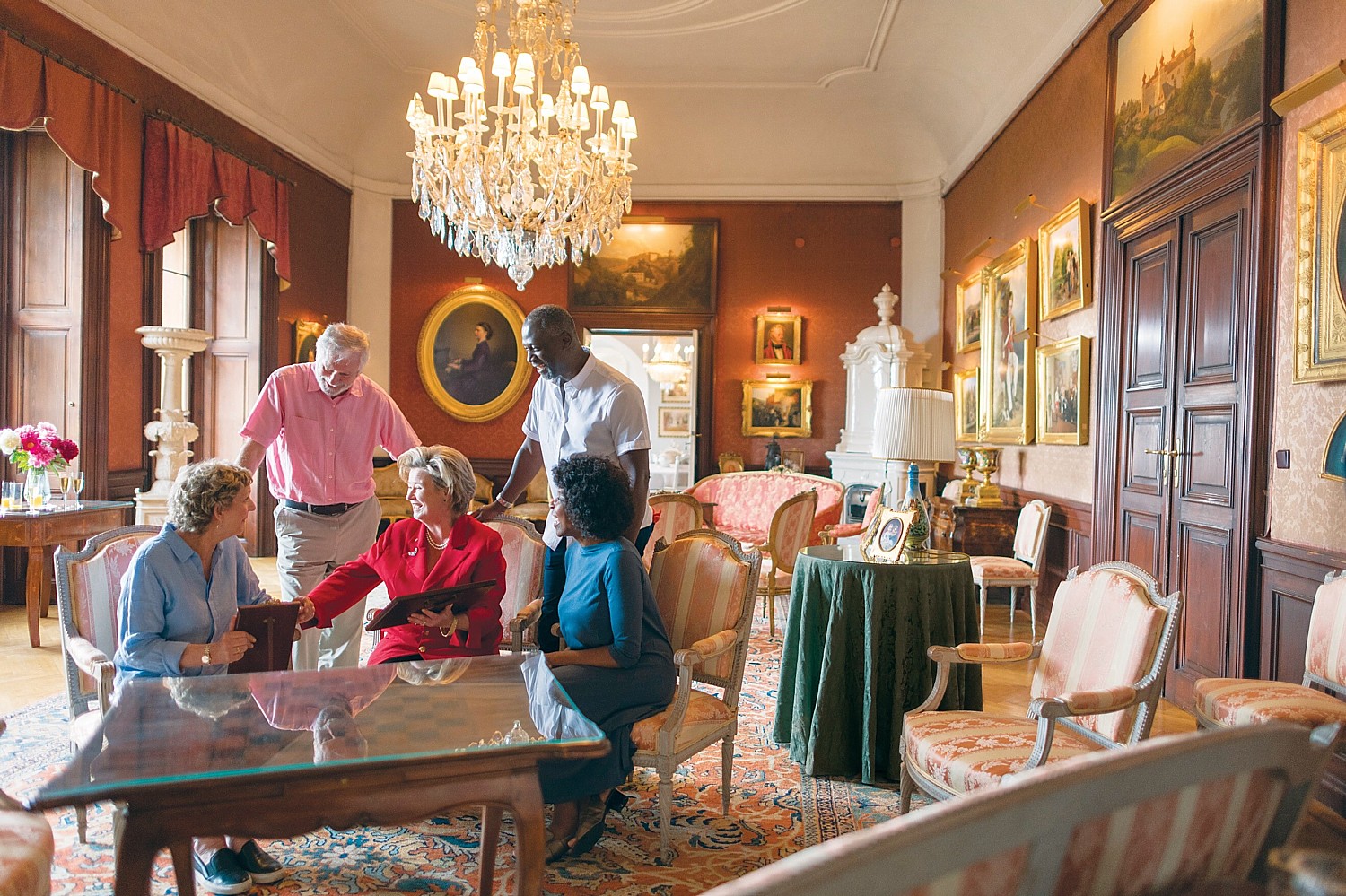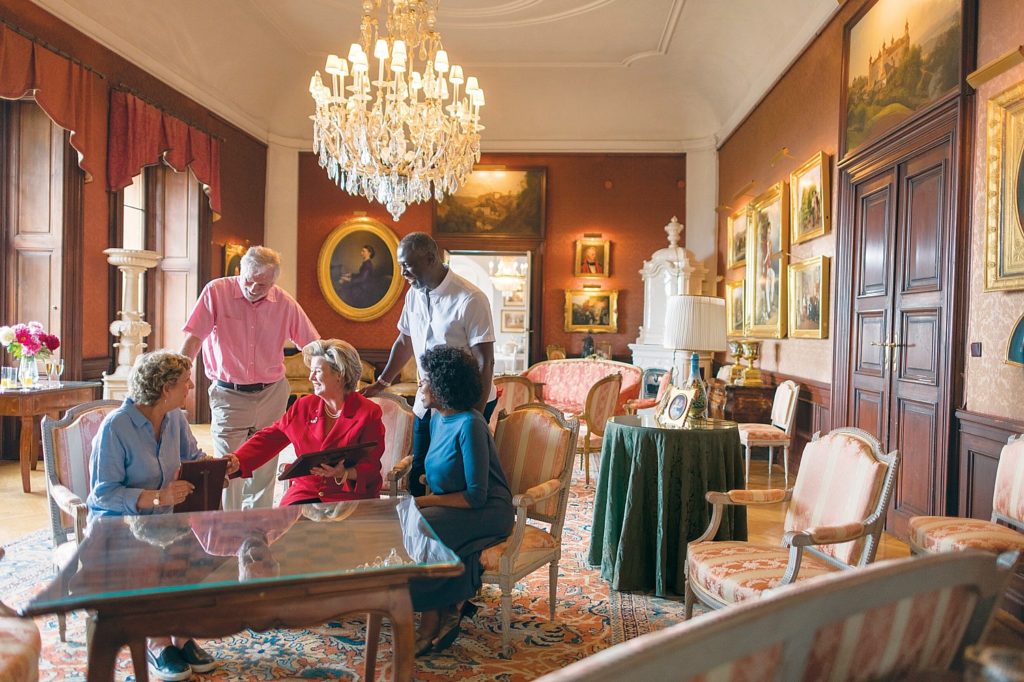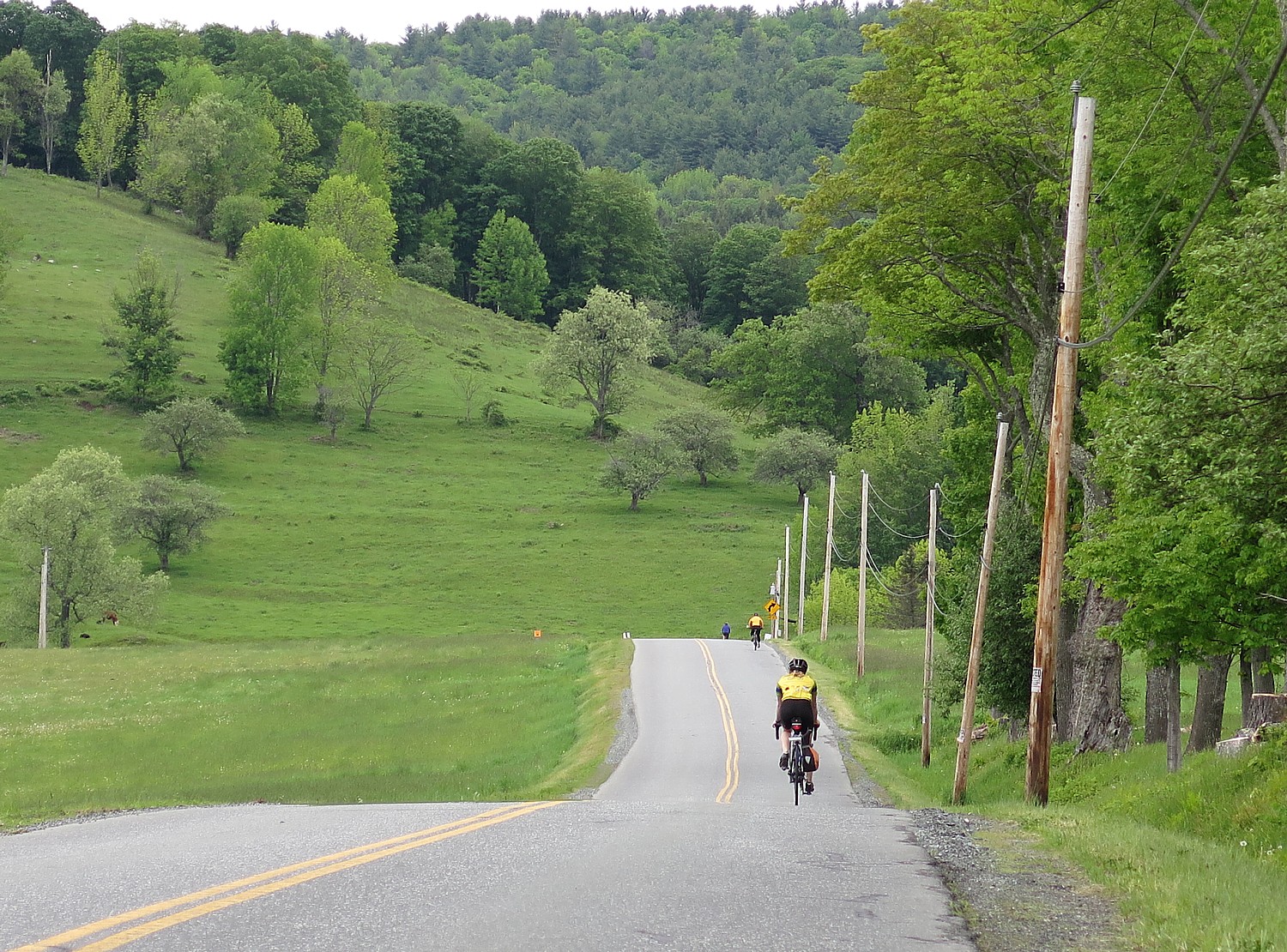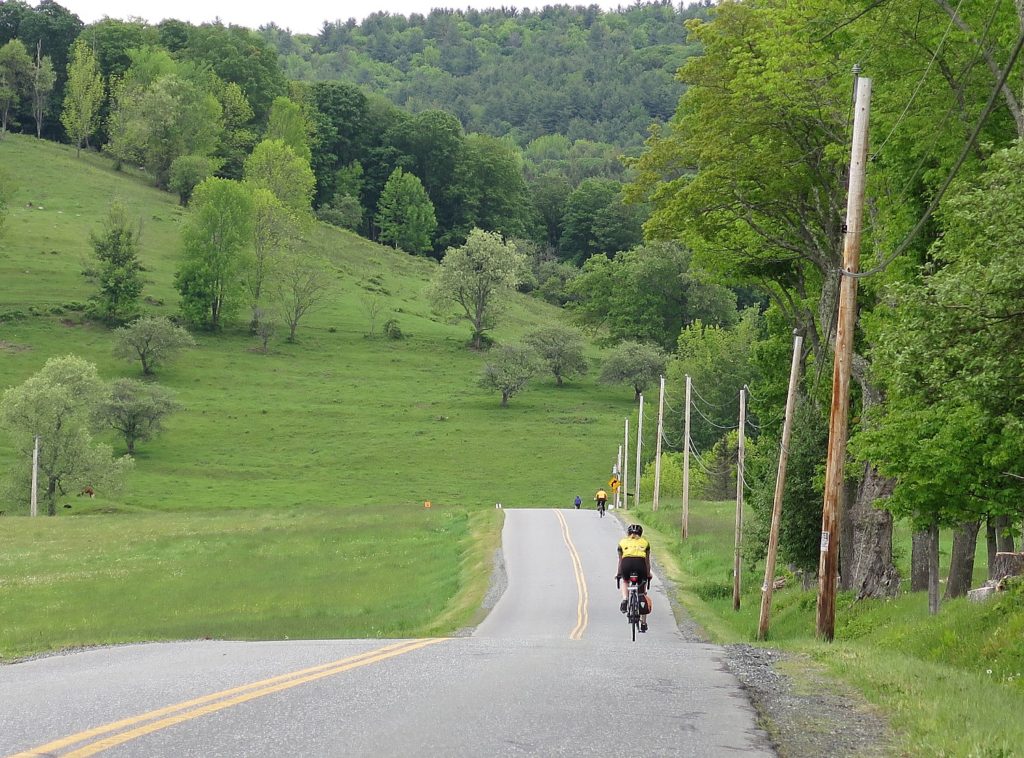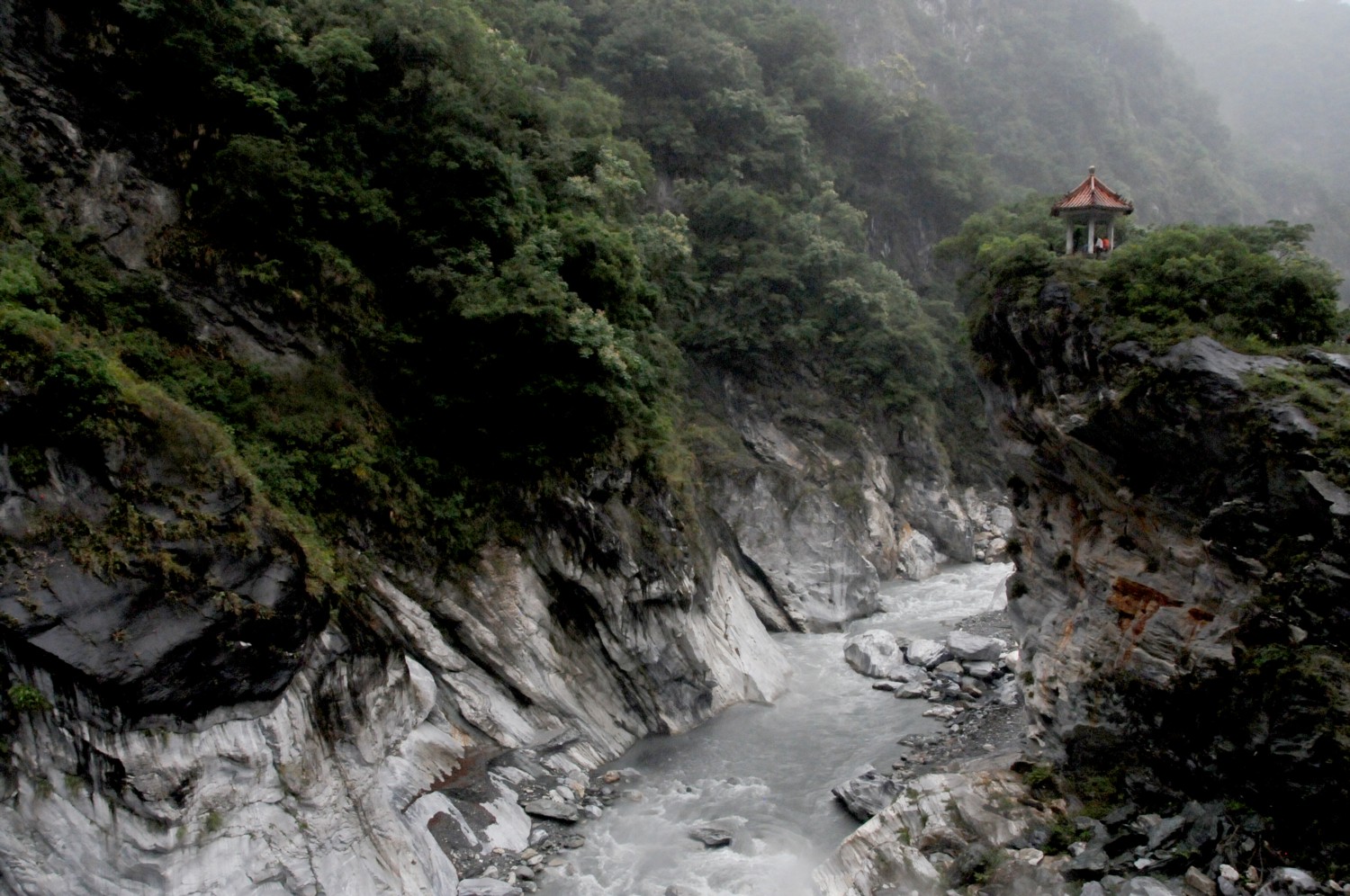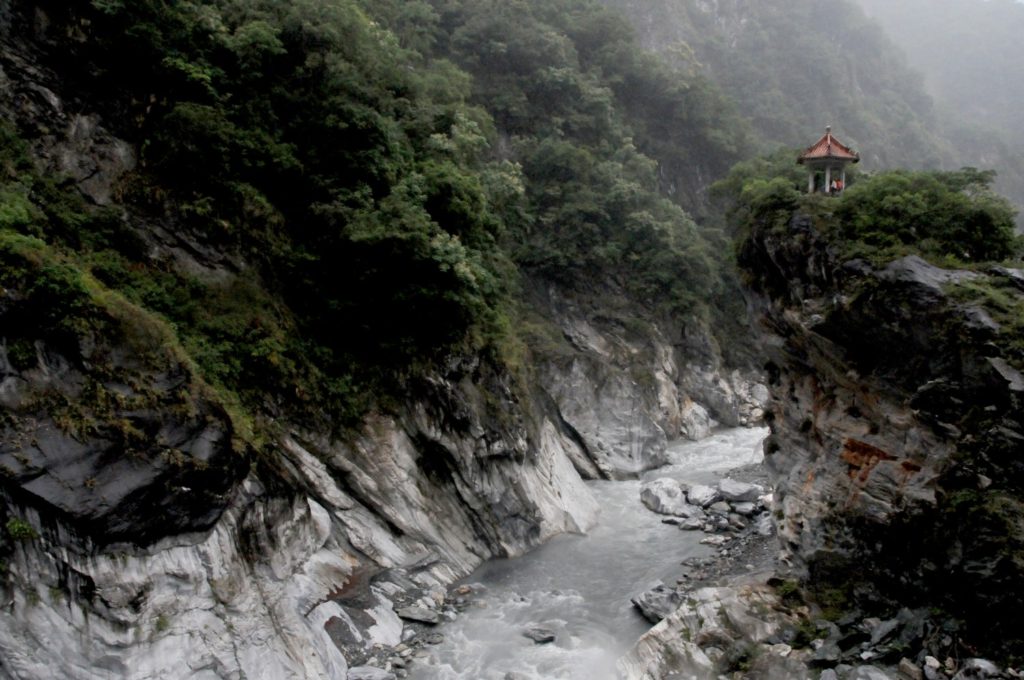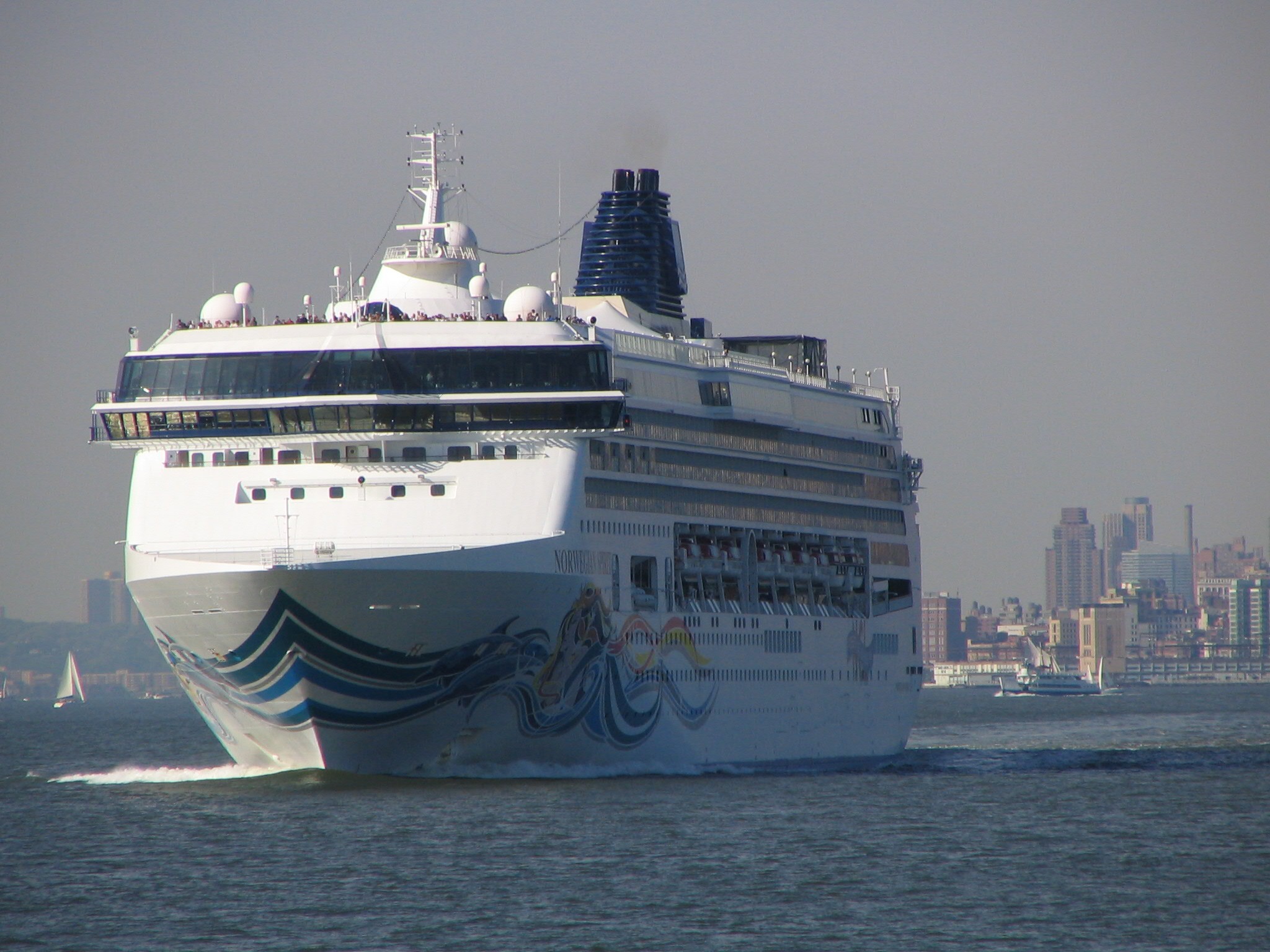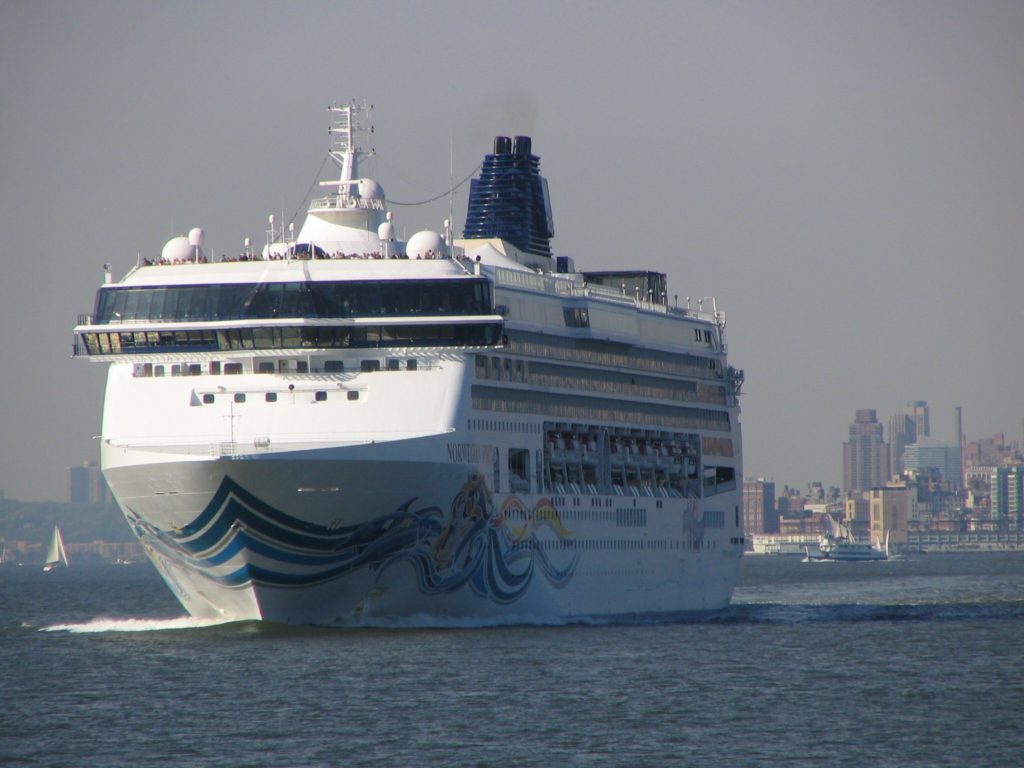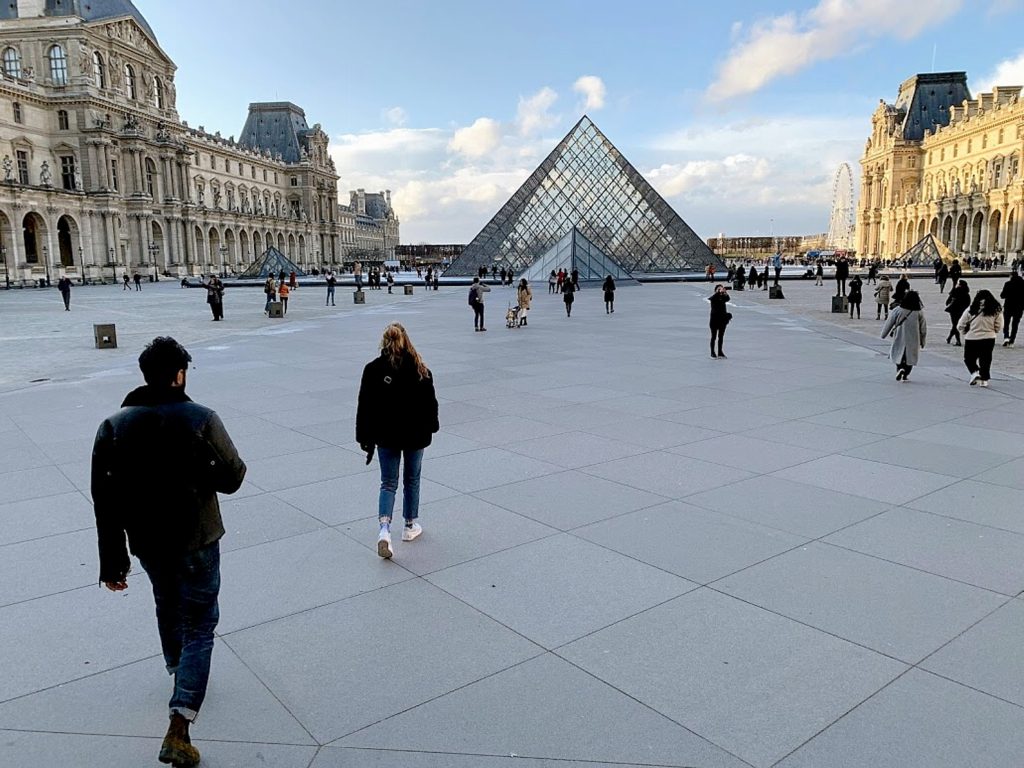
Global luxury travel network Virtuoso® is sharing its list of the most exciting properties around the world debuting over the next six months. From the eternally popular such as France and Mexico to the more exotic, including Japan and Botswana, these hotels and resorts are setting new standards in the ultra-competitive luxury space. On Virtuoso’s must-see list, historic icons meet sleek beach resorts while lodges nestled in nature complement city retreats. The common thread among them is that these properties will delight guests with their distinctive character, varied experiences and superior service.
Cheval Blanc Paris, France – Opening Spring 2020
Located in the heart of the City of Light, steps from the Louvre and the Marais, Cheval Blanc Paris combines historical, cultural and contemporary features for an authentic Parisian experience. Floor-to-ceiling windows in the 26 rooms and 46 suites offer views of famed landmarks and city life. Virtuoso exclusives: upgrade upon arrival if available, daily full American breakfast for two, fast-track immigration, complimentary round-trip private transfer with VIP meet and greet, spa access, complimentary Wi-Fi and early check-in and late check-out if available.
One&Only Mandarina, Mexico – Opening June 2020
Set in a lush, beachfront jungle setting, the intimate resort boasts 104 standalone villas and treehouses – each with a private pool. Guests will have access to innovative culinary experiences, a lively beach club, wellness programming and a playground of adventures on land and sea. Virtuoso exclusives: upgrade on arrival if available, daily breakfast for two, $100 USD resort credit, complimentary Wi-Fi, early check-in and late check-out if available.
The Tokyo EDITION, Toranomon, Japan – Opening June 2020
Located near Tokyo’s finest neighborhoods and attractions, the property will feature 206 rooms with stunning views of the city’s skyline, including 21 suites and a penthouse. A signature restaurant, cocktail bar and wellness spa will cultivate a unique, luxurious atmosphere. Virtuoso exclusives: upgrade upon arrival if available, daily breakfast for two, $100 USD hotel credit, complimentary Wi-Fi, and early check-in and late check-out if available.
Villa Igiea, a Rocco Forte Hotel, Italy – Opening June 2020
A former refuge for royalty and Hollywood’s elite, Villa Igiea occupies a unique location overlooking the azure waters of the Gulf of Palermo. After a restoration, the iconic palazzo will showcase a fresh design while maintaining its timeless splendor. Virtuoso exclusives: upgrade on arrival if available, daily breakfast for two, $100 USD food and beverage credit, complimentary Wi-Fi, and early check-in and late check-out if available.
Xigera, Botswana – Opening June 2020
Xigera is defined by exceptional service, with 105 staff looking after just 24 guests in an intimate, exclusive bush experience. The solar-powered lodge offers 12 suspended suites surrounded by ancient trees and flood plains, showcasing bespoke works by Africa’s most exciting young artists and craftspeople. Virtuoso exclusives to be announced.
Virtuoso’s long-running Hotels & Resorts program has earned a reputation for launching new hotels, courtesy of its successful Preview initiative. The Virtuoso collection offers more than 1,400 outstanding hotels, resorts, spas, lodges, luxury camps and villas in over 100 countries. When booked by a Virtuoso advisor, either directly or at www.virtuoso.com, each property offers exclusive benefits valued at more than (U.S.) $500 per stay.
To view the network’s portfolio of world-class properties and their amenities, visit https://www.virtuoso.com/luxury-hotels.
Virtuoso® is a leading international travel agency network specializing in luxury and experiential travel. This by-invitation-only organization comprises over 1,000 travel agency partners with 20,000 elite travel advisors in 50 countries throughout North America, Latin America, the Caribbean, Europe, Asia-Pacific, Africa and the Middle East. Drawing upon its preferred relationships with over 1,800 of the world’s best hotels and resorts, cruise lines, airlines, tour companies and premier destinations, the network provides its upscale clientele with exclusive amenities, rare experiences and privileged access. More than $26.4 billion in annual travel sales makes Virtuoso a powerhouse in the luxury travel industry. For more information, visit www.virtuoso.com.
For more travel features, visit:
goingplacesnearandfar.wordpress.com
www.huffingtonpost.com/author/karen-rubin
travelwritersmagazine.com/TravelFeaturesSyndicate/
goingplacesfarandnear.tumblr.com/
instagram.com/going_places_far_and_near/
‘Like’ us on facebook.com/NewsPhotoFeatures
Twitter: @TravelFeatures
